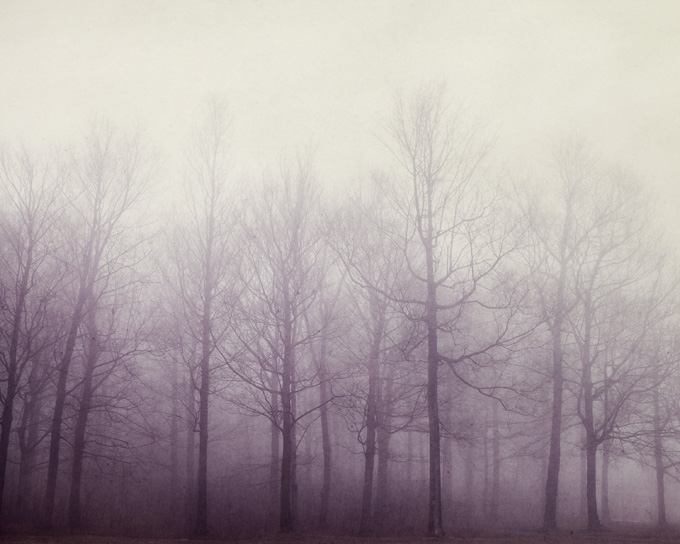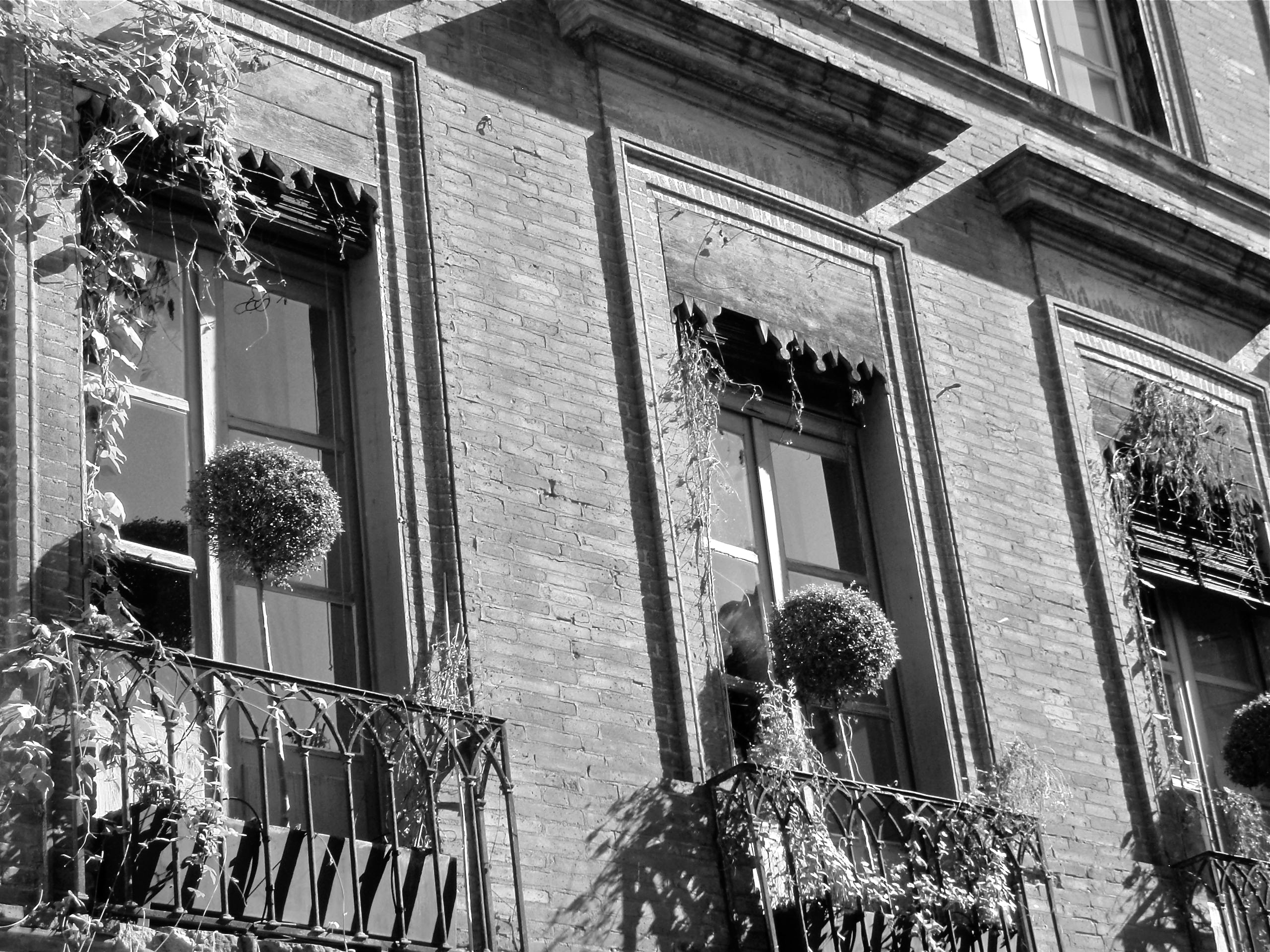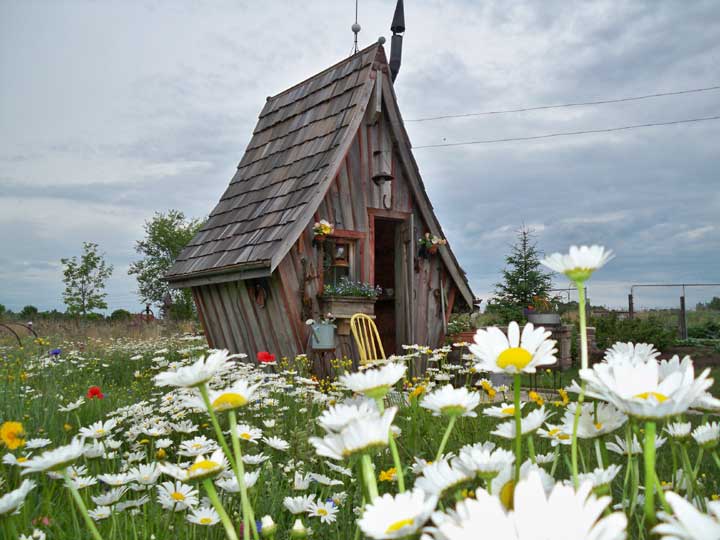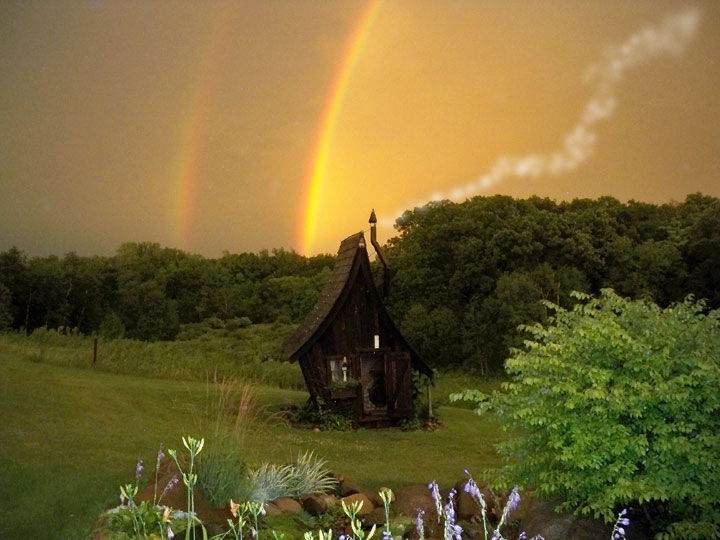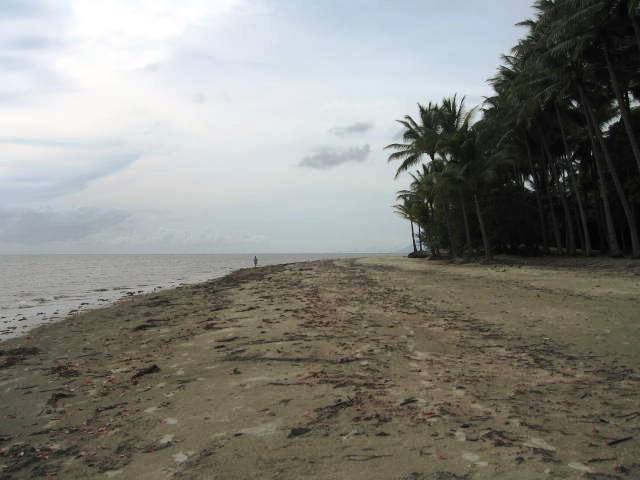 A mystery was not what Lucy expected to find at the bottom of the ocean.
A mystery was not what Lucy expected to find at the bottom of the ocean.
It started on holidays: a dizzying dance of cocktails by the swimming pool overpriced resort food drunken nights at local bars salty sex in anonymous hotel rooms avenues of palm trees camel rides on acres of white sand rainforest walks and the world famous Great Barrier Reef.
This particular day started with clouds and two fat travel-sickness tablets, and whorled around her head as time stopped then spun and rain stung her cheeks while she leaned over the crashing boat and vomited the two useless tablets to the fish until suddenly, time became normal and they had reached the reef and the sun was out.
Busy throwing up, Lucy had missed the dive briefing and had to make do with some basic tips: breathe, kick your legs and look at fish. Clear your middle ear every few feet down. And never, not for a second, hold your breath. Lucy staggered, still sick-weak, the crushing weight of the cylinders on her shoulders threatening to pull her backwards, fumbling with the unfamiliar mask, cumbersome regulator and ridiculous fins, and changed her mind. This was not such a good idea, she would go back inside. Then the assistant let go of Lucy’s hand, gave her a push, and the ocean closed in.
Quiet.
Soft.
Still.
Slow.
Nothing but Lucy’s own breathing and the heartbeat of the ocean.
She could hear the regular thump of the ocean’s heart and felt it in her skin as though she was floating through the very ventricles of the sea. It was extraordinary that here, immersed in one of the natural wonders of the world, Lucy closed her eyes and felt she loved it without needing to see it and later when she surfaced, grieved the loss of that heartbeat like the tearing trauma of a second birth.
Lucy moon-walked through the thick water while the others swam, appearing on the tourist video later as a slim, sloping, laughable figure in black, always last in the group, ludicrous pink fins flailing, arms groping forward like a blind man but eyes wide open now, like dinner plates behind the mask, and red hair pouring upwards, the only part of Lucy at home in the sea.
Nobody knew that here inside the ocean, mixed in with her terror, her constant struggle to remember not to hold her breath and a consistent dread that her lungs would burst or collapse or both, Lucy felt truly happy.
She felt it because all she could hear was her own breathing and the heartbeat of the ocean. It was the most perfect music Lucy had ever known.
The catamaran carried them to a second part of the outer reef, and suddenly it was sea-sickness again. Half an hour of the nauseating rise and crash of the waves, petrol fumes, the stifling, constricting stomach and the familiar lean over the sides. Then the heavy cylinders, the clumsy fin-walk, the fear perspiring into her wetsuit, panic and regret, splash.
And the beautiful silence. Lucy’s own breathing and the heartbeat of the ocean.
On the second dive, Lucy made a conscious effort to look around. She wanted to see and remember the rainbow schools of fish, the ancient turtle, the bashful shark. Lucy put her hand inside a giant clam and stroked its rich velvet before it slowly closed. She floated softly still while a groper twice her width nudged around her hands for treats. The group of divers entered a sandy-floored coral room by a window, one by one, and a hundred thousand tiny blue fish covered them like brilliant pieces of sky. When Lucy moved her hand through the swarm, it parted then merged again in effortless mathematical precision.
Then the heartbeat stopped.
One moment Lucy was playing patterns with the sky-fish and in the next, the ocean held its breath. Lucy was so distressed she almost held hers, but remembered the warnings just in time. She waited, frantic. The others had swum on out of the coral room and around a corner, and Lucy was alone in the unbeating ocean. She spun in the water, searching behind herself and in front for the source of the silent ocean, but it was not until she looked up and saw the legs and goggles of the snorkellers close above her that she realised with relief that the heartbeat had not stopped, she had simply floated too close to the surface and lost its rhythm.
Urgently, Lucy swam deeper, easing air from her tanks to help her sink and forgetting to unblock her ears until she felt the pain. She stopped then, and clumsily swallowed through her regulator. She was still alone, but the heartbeat was back in her skin, her own breathing was a soothing sound, and Lucy was happy again. She followed after the rest of the group.
Lucy swam on quickly now, past another giant clam, a turtle resting under a rock, sweet, apricot anemones, nervous clown fish, a small child, forests of coral…
The child was maybe three or four years old, and it was building a sandcastle. It sat naked on the ocean floor, piling sticky wet sand on sticky wet sand and pressing rocks and shells and pieces of coral into the sides, while remnants of the blue-sky swarm shot in and out of the clumsy sand walls and stroked the child’s tight brown curls. When Lucy swam past, the child waved, and she waved back. She tried to smile but her cheekbones pushed her mask up and it flooded with water so she had to stop smiling or not see.
Then the group leader returned from around the next corner and beckoned to her and she nodded then pointed to the child but there was nobody there, just the remnants of the sloppy sandcastle, so she swam on.
Quite a mystery.




 This photo shoot makes me feel like Anna Karenina has just stepped into our time. I am picturing snow, and Grand Tours, and lonely wealth, and art and love and lust and disgrace, and each unhappy family unique from all the others.
This photo shoot makes me feel like Anna Karenina has just stepped into our time. I am picturing snow, and Grand Tours, and lonely wealth, and art and love and lust and disgrace, and each unhappy family unique from all the others.



